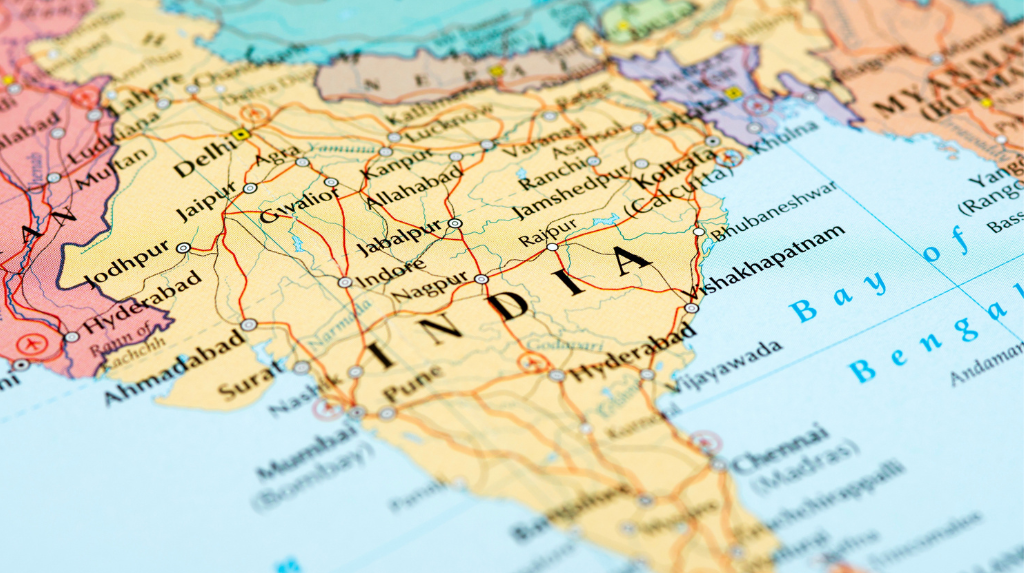If you are planning to bring your family to India, obtaining a family visa is an essential step in ensuring a smooth transition and legal stay for your loved ones. India offers various visa categories for family members, depending on their relationship with the applicant. This article will guide you through the process of acquiring a family visa in India, outlining the requirements and procedures involved.
India recognizes the importance of family and offers different visa options to facilitate family reunification and visits. Whether you wish to bring your spouse, children, parents, or other family members to India, understanding the visa requirements is crucial. The following sections will provide a comprehensive overview of the different family visa categories and the process of obtaining them.
Types of Family Visas in India
India provides several types of family visas, each tailored to specific family relationships. The most common family visa categories are as follows:
Spouse Visa (X Visa)
The Spouse Visa, also known as the X Visa, is for individuals who are married to Indian citizens or foreign nationals with Indian origin. This visa allows the spouse to stay in India for an extended period.
Dependent Visa (X2 Visa)
Dependent Visas, or X2 Visas, are intended for dependent family members, including children and parents, of foreign nationals working in India. This visa allows the dependents to accompany the primary visa holder during their stay in India.
Medical Attendant Visa (MX Visa)
The Medical Attendant Visa, or MX Visa, is designed for individuals accompanying patients seeking medical treatment in India. This visa allows the medical attendant to provide necessary care and support to the patient.
Other Family Visa Categories
Apart from the above-mentioned visas, India also offers family visas for adopted children, parents-in-law, and other family members. The specific visa category depends on the relationship with the primary visa holder.
Eligibility Criteria
To be eligible for a family visa in India, certain criteria must be met:
- The primary visa holder should have a valid visa or be an Indian citizen.
- The applicant should have a genuine family relationship with the primary visa holder.
- The purpose of the visit should align with the visa category’s requirements.
Required Documents
While the exact document requirements may vary depending on the visa category, the following documents are generally necessary:
- Completed visa application form.
- Valid passport with a minimum of six months validity.
- Passport-size photographs.
- Proof of the relationship with the primary visa holder (marriage certificate, birth certificate, etc.).
- Proof of sufficient funds to support the stay in India.
- Police clearance certificate from the applicant’s home country.
Application Process
The application process for a family visa in India typically involves the following steps:
- Fill out the visa application form online or offline, depending on the Indian embassy or consulate’s requirements.
- Gather all the required documents as per the checklist provided by the embassy or consulate.
- Submit the application along with the supporting documents at the designated Indian embassy or consulate.
- Pay the visa fee, which may vary based on the visa category and duration.
- Schedule an appointment for an interview or biometrics, if required.
- Attend the interview or provide biometrics as per the embassy’s instructions.
- Wait for the visa processing time, which can vary from a few days to several weeks.
Duration and Validity of Family Visas
The duration and validity of family visas in India vary depending on the visa category and the applicant’s circumstances. Generally, family visas are issued for a specific duration, allowing the visa holder to stay in India for that period. It is essential to check the visa validity and plan the stay accordingly.
Renewal and Extension
If you wish to extend the stay of your family members in India, you can apply for a visa renewal or extension. The process and requirements for renewal or extension depend on the visa category. It is advisable to initiate the extension process well in advance of the visa’s expiration to avoid any complications.
Frequently Asked Questions (FAQs)
Can I apply for a family visa online?
Yes, some family visa categories allow online application submission. However, it is recommended to check the official website of the Indian embassy or consulate for specific instructions.
Is there an age limit for dependent children applying for a family visa?
The age limit for dependent children can vary depending on the visa category. It is best to refer to the visa guidelines provided by the Indian embassy or consulate.
Can I work in India on a family visa?
Family visas do not grant work authorization in India. If you wish to work in India, you would need to apply for a separate employment visa.
How long does it take to process a family visa in India?
The processing time for family visas can vary. It is advisable to check the estimated processing time provided by the Indian embassy or consulate where you are applying.
Can I convert a family visa into permanent residency in India?
Family visas do not automatically lead to permanent residency in India. If you are interested in obtaining permanent residency, you would need to explore other visa categories or immigration pathways.
Bringing your family to India is a significant step, and obtaining a family visa is an important part of the process. This article has provided a comprehensive guide on how to get a family visa in India, covering the different visa categories, eligibility criteria, required documents, application process, and other essential information. By following the outlined steps and fulfilling the necessary requirements, you can ensure a smooth and legal stay for your family in India.
Do you need an Indian family visa?
Contact our team of skilled immigration lawyers to discuss your visa and immigration needs.
Call us on +234 812 5505 986 or WhatsApp us at +234 818 1547 085 for immediate assistance with your situation. We are available to assist you in person, over the phone, or online.





